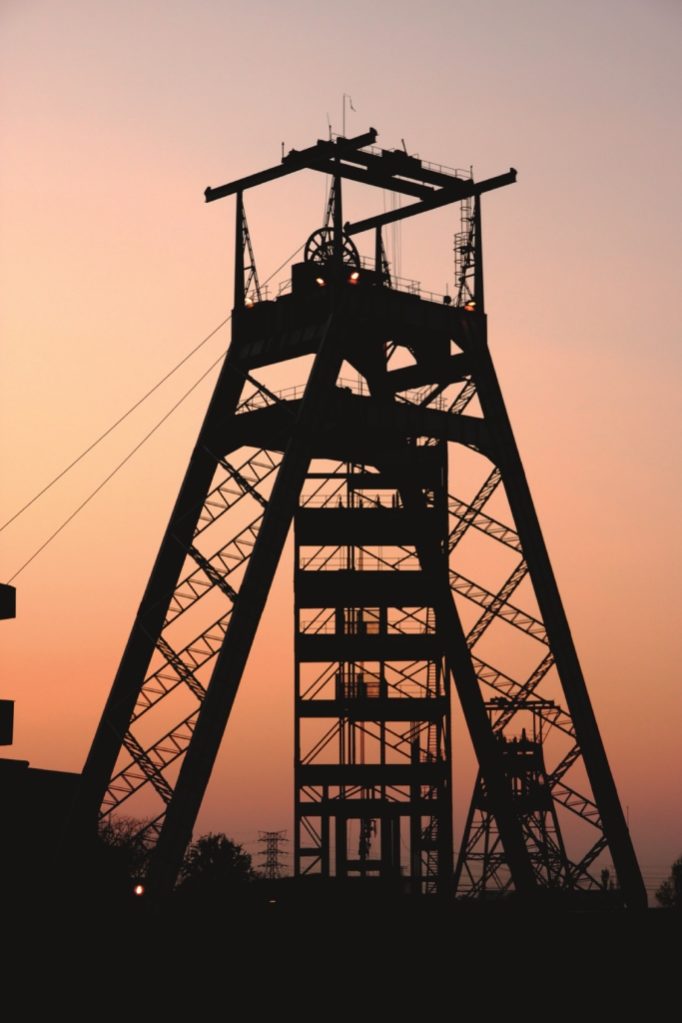As a multitude of the wealthy and powerful of the mining world rubbed shoulders in Cape Town, the picture emerged of what this year holds for the industry in Africa.

Jonathan Moore, MD of Mining Indaba; Michael Katz, the chairman of ENS (Edward Nathan Sonnenbergs); Martin Kingston, executive deputy chairman of NM Rothschild’s local bank franchise and Trevor Manuel, Minister in the Presidency for the National Planning Commission at the Mining Indaba on Monday, February 6, 2012
Mining represents 50% of total merchant exports in Africa south of the Sahara, says the World Bank.
From the scores of presentations, briefings and conversations it is clear that investors are still jumpy about the world economy and Eurozone contagion; they are nervous about resource nationalism—that is, people wanting a greater share of their country’s mineral wealth—and are wary of new mining regulations. The ruling African National Congress in South Africa proposes new taxes on mineral rights in South Africa, plus a windfall tax for returns over 22%.
Although South Africa’s former Finance Minister and now National Planning Minister, Trevor Manuel, conceded during the Indaba that “in the main the government has failed”, saying “we haven’t managed this process well”, he thinks the new tax proposals that were now being considered were a “sensible taxation” whose proceeds will be invested into broader development as the commodities boom was not poised to last forever.
As for beneficiation, which a lot of people thought would help create and sustain jobs, the minister thought it was a double-edged sword. Often beneficiation needed energy and capital that locals did not have.
“Nationalization is not a smart strategy,” Manual concluded.

Zambia Chamber of Mines head, Frederick Bantubonse, thought there were lessons other African countries could learn from his country, which nationalized mining for 30 years.
Before nationalization in 1973, Zambia produced over 700,000 tons of copper, says Bantubonse. When it rolled back the nationalization program about 10 years ago, the country was producing a mere 257,000 tons. It has now gone back to the pre-nationalization production levels.
But now indigenous business people are finding it difficult to enter the industry because of the big capital investment needed.
It was small comfort that the investors’ nightmares of nationalization appeared to be put to bed by public utterances by the powerful at the conference.
“This whole nationalization story is going to be difficult to wash off. Investors won’t put another dollar into South Africa, they would sooner invest in gold in Eritrea,” says one disgruntled delegate.
Robert Besseling, senior Africa forecaster for Exclusive Analysis, said: “Gold in SA is over. It is too deep and expensive to get out of the ground and there are higher taxes on the way. Power is also a problem and the national power generator, Eskom, is warning that from April there could be new power cuts.”
“The growth of South African mining is going to be in platinum, coal and manganese, but when you bring up the idea of nationalization… the mid-level investors from Australia and Canada I have spoken to here have extreme worries.”
Rajat Kohli, the global head of mining and metals for Standard Bank, believes the Chinese will be among the main actors in resources in Africa and these worries may pass them by.
“I think they have a long-term view; the Chinese plan 10 to 20 years ahead so they do not share the same sort of short-term fears as western investors,” says Kohli.
Africa will continue to be vulnerable to market volatility, but the continent is poised to ride the storm, says World Bank operations officer, Miria Pigato. Favorable commodity prices were only one reason she felt that way.
“This confidence also comes from governments’ more sensible fiscal policies, more accountability, new ways of doing business, a new breed of younger and energetic leaders,” says Pigato.
Another cause for optimism at this mining gathering was the numbers. In the dark days of the 2009 recession, a mere 3,200 delegates turned up in Cape Town. In 2010, the numbers improved slightly to 4,400 and this year, there were 7,000 delegates.
The organizers are encouraged enough to take the risk of expanding the Mining Indaba to Asia to take advantage of the growing interest in mining in the region.
Jonathan Moore, the managing director of the Mining Indaba, said around 500 delegates were expected to arrive at the first Asian gathering at Marina Bay Sands in Singapore on October 29.
Asked whether the name Indaba—which is an African word for gathering—will be understood in Asia, Moore says: “People there may not know what the word means, but they will know what the
